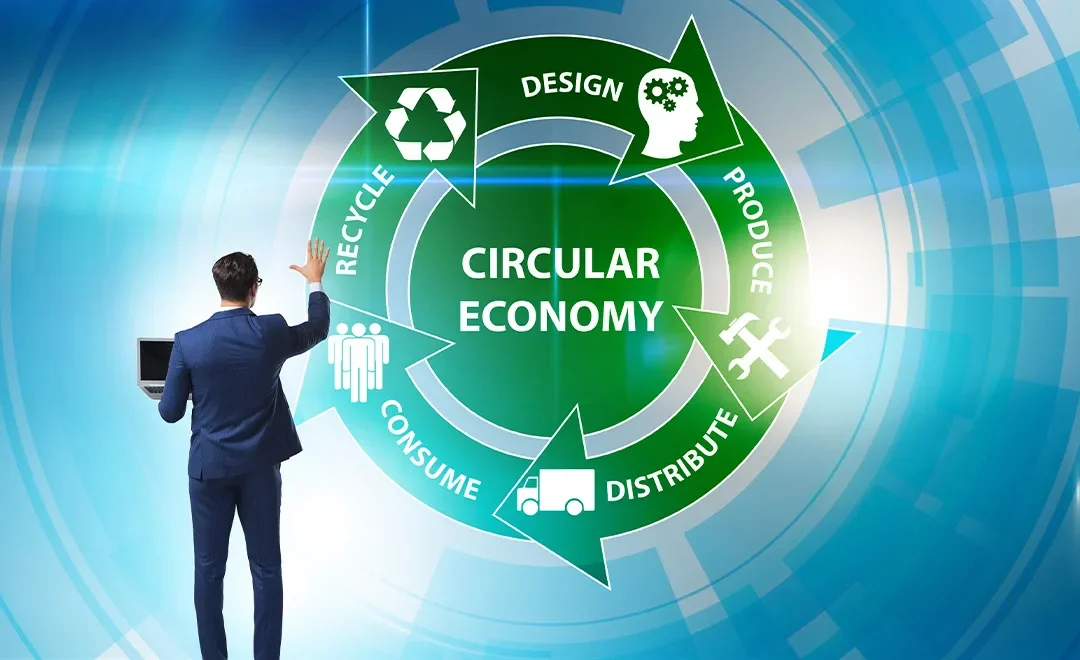
This week, the European Parliament’s internal market committee voted in favour of an own-initiative report by Czech S&D member Olga Sehnalová, proposing measures against the unfair commercial practice of selling lower quality products in some EU countries.
The Parliament explains that the report calls for a common testing approach to find out how widespread the problem is, invites national consumer organisations to cooperate to tackle this issue and suggests manufacturers could add a logo to packaging showing that the content and quality of a brand is the same in all EU countries.
MEPs will vote on the report during September’s plenary session. Once adopted, the report will be forwarded to the European Commission for consideration.
Studies have shown that food and other products marketed in some central and eastern EU countries, although safe, can be of a lower quality than the same products in the same packaging in Western Europe. This varies from less meat in meat products, to less cocoa in chocolate, no oranges in orange juice and syrup or artificial sweeteners instead of sugar:
Tests have been conducted for sodas, meat, fish or dairy products, teas and confectionery. Fish sticks contained less fish in Slovakia than in Austria (58 percent vs 65 percent). No oranges had been used for orange drinks in Slovakia and the Czech Republic, while those sold in Germany contained 3 percent orange concentrate.
In Hungary 71 out of 96 products were different compared to the same products sold in Italy and Austria. Differences were also found for cosmetics, detergents and pet food.
Adjusting products to local tastes, preferences and prices is standard practice and can also be legal. The difference in taste might also stem from using local ingredients in local factories or cheaper ones to adjust to local purchase power. But in this case, the prices were the same or higher with no mentions on the package, which was misleading.
“If producers want to change their product and sell it under the same label, consumers need to know about the differences in each specific case otherwise they are being cheated,” said Sehnalová, the MEP in charge.
In order to better help EU countries identify these illegal practices, the European Commission issued guidelines on how to apply EU law in case of lower quality products being sold . These guidelines were presented to Parliament’s internal market committee on 11 October 2017.
MEPs welcomed EU action on this issue, but said the guidelines were insufficient as they did not cover other products such as cosmetics and detergents.
Slovakian ECR member Richard Sulík said it was not about the product having to taste and cost the same, but that consumers need to be informed.
German Green member Julia Reda called the practice “insulting to consumers”.
Croat S&D member Bijlana Borzan, who sponsored food tests in her own country, said: “The existing legal framework is not enough, otherwise we would not have this problem.”
Polish EPP member Adam Szejnfeld said he considered the practice “criminal offence, fraud”.
German EPP member Andreas Schwab said: “If the list of ingredients was correctly indicated, the product can be legally on the market.” However, Czech ALDE member Dita Charanzova said: “Telling people to just read the fine print is not enough.”



















